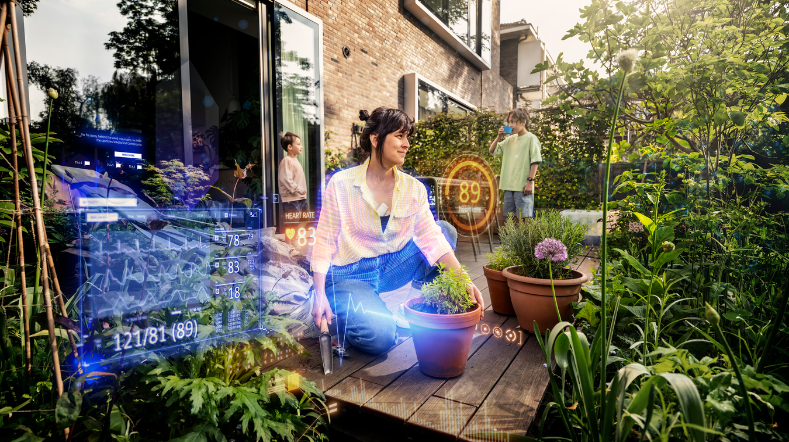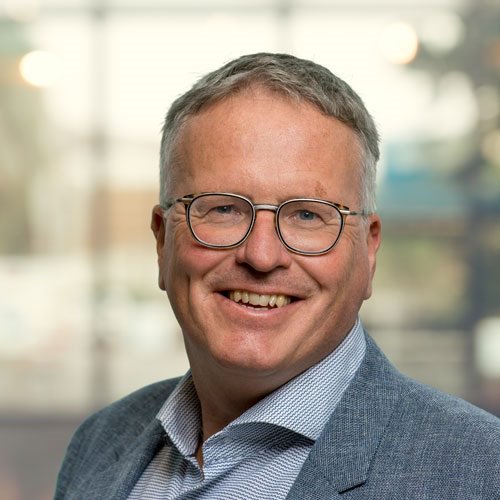Johns Hopkins APL and TNO sign Memorandum of Understanding on Collaborative Research and Technology Development
The Johns Hopkins Applied Physics Laboratory (APL) in Laurel, Maryland, and TNO have signed a memorandum of understanding, officially establishing a transatlantic collaboration between the two organizations that has been developing for nearly a decade. Both APL and TNO focus on applied research, giving them a natural common foundation on which to build their new collaboration.
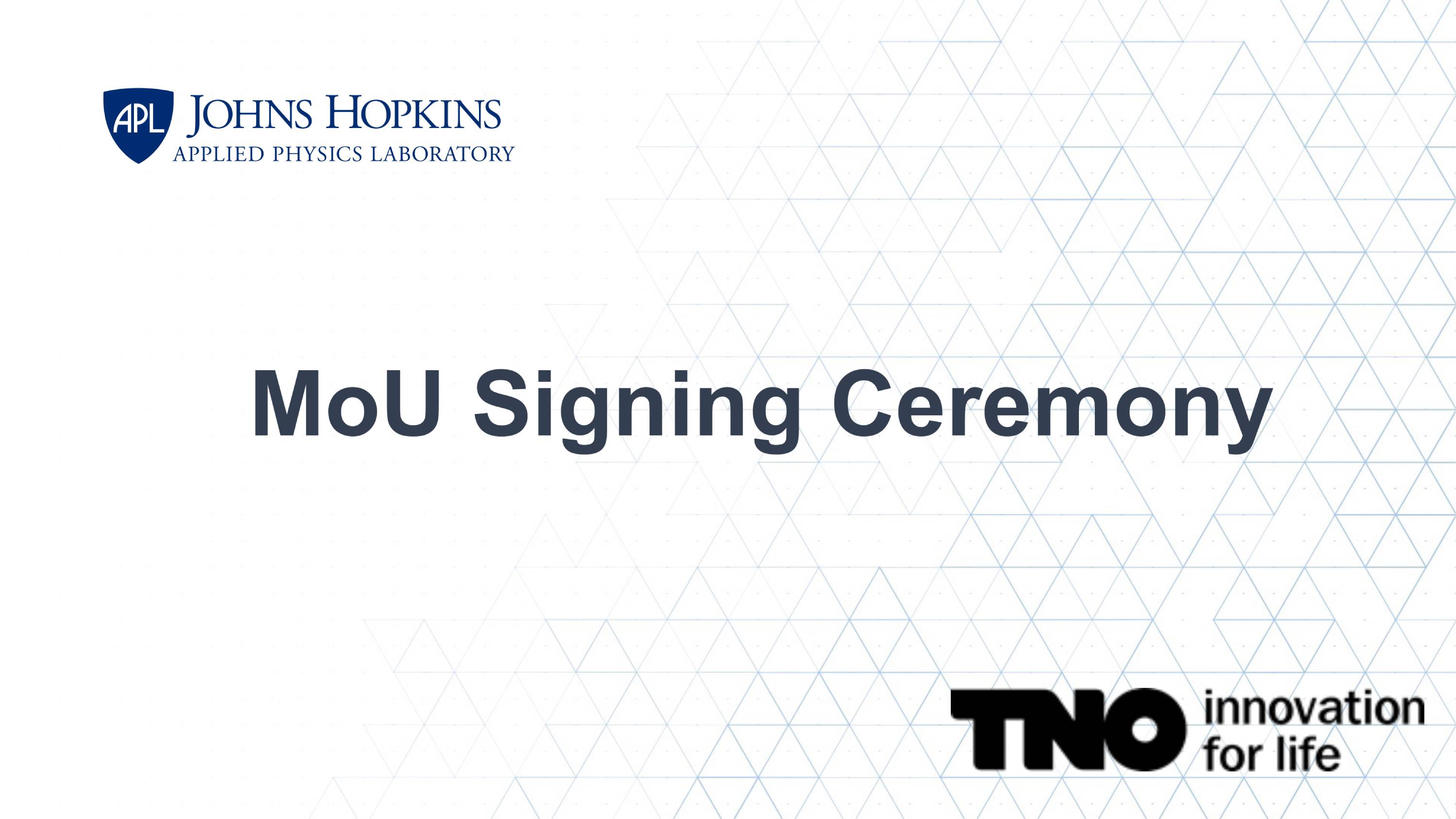
The memorandum, signed April 20, will enable technical experts from both organizations to reach across the ocean and work together either remotely or in-person on internally funded projects that range from space technologies to artificial intelligence and human-machine interfacing. Through this exchange of expertise and information, APL and TNO aim to bolster creative international partnerships and accelerate progress in applied scientific research and technology development.
APL and TNO have worked collaboratively on various projects for government and business sponsors. Previous research collaborations have accelerated the science and technology development in the areas of defense and security. Most recently, the two organizations established a collaboration for monitoring atmospheric pollutants with unprecedented detail using the Compact Hyperspectral Air Pollution Sensor, or CHAPS, an instrument whose design combines APL’s expertise in hyperspectral imagers with TNO’s expertise in space spectrometers and freeform optics. The team is currently developing a demonstrator of this instrument, called CHAPS-D.
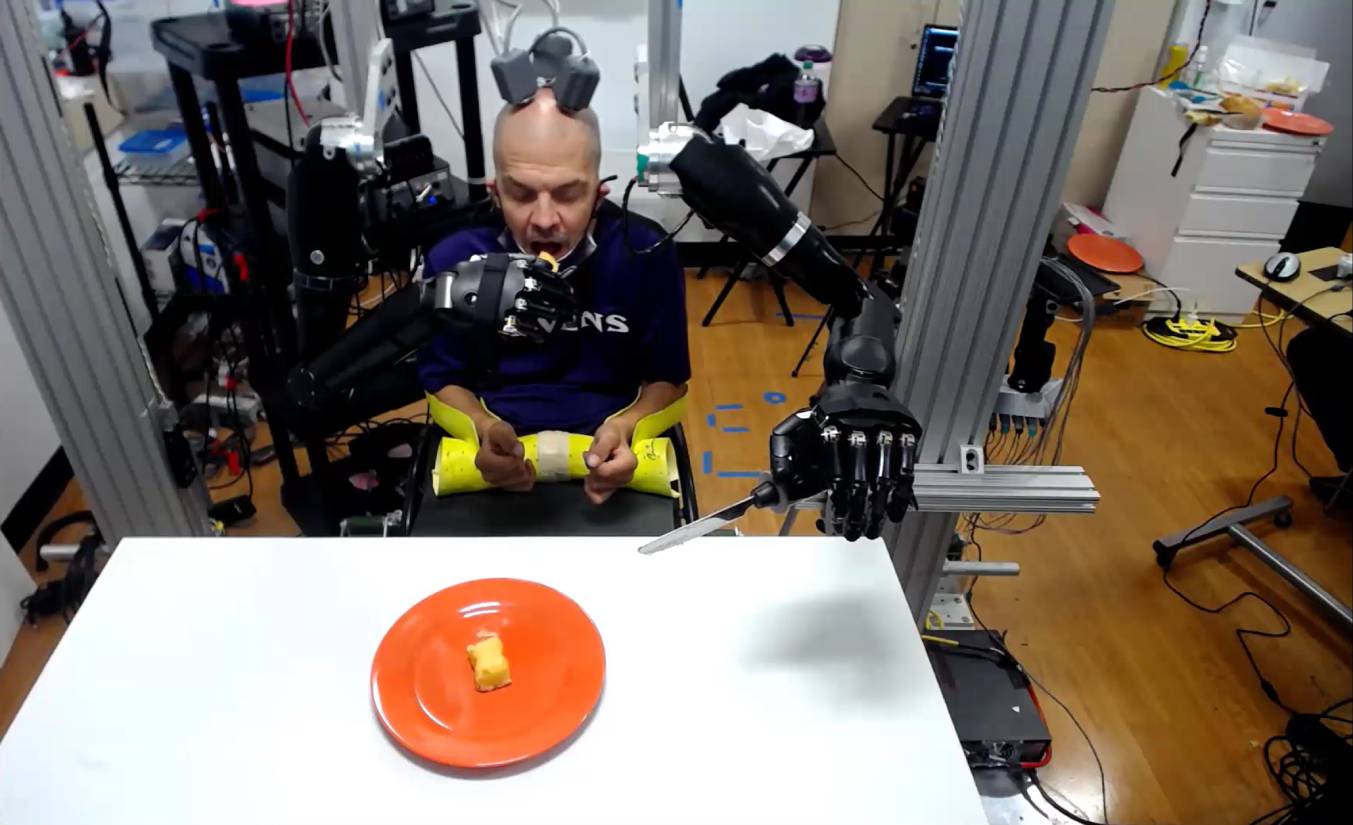
"We here at APL are excited about our partnership with TNO,” said Timothy Galpin, Assistant Director, Programs and Chief Quality Officer at APL. “I have been impressed by our collaboration on CHAPS-D, and am very pleased with the trajectory we are on with TNO for additional exciting joint research.”
Through the memorandum of understanding, APL and TNO envision expanding collaborations to other space fields, including satellite communications, Earth and planetary science, heliophysics and exoplanet research, as well as other disciplines, such as precision medicine, chemical detection, autonomy, neuroscience and additive manufacturing.
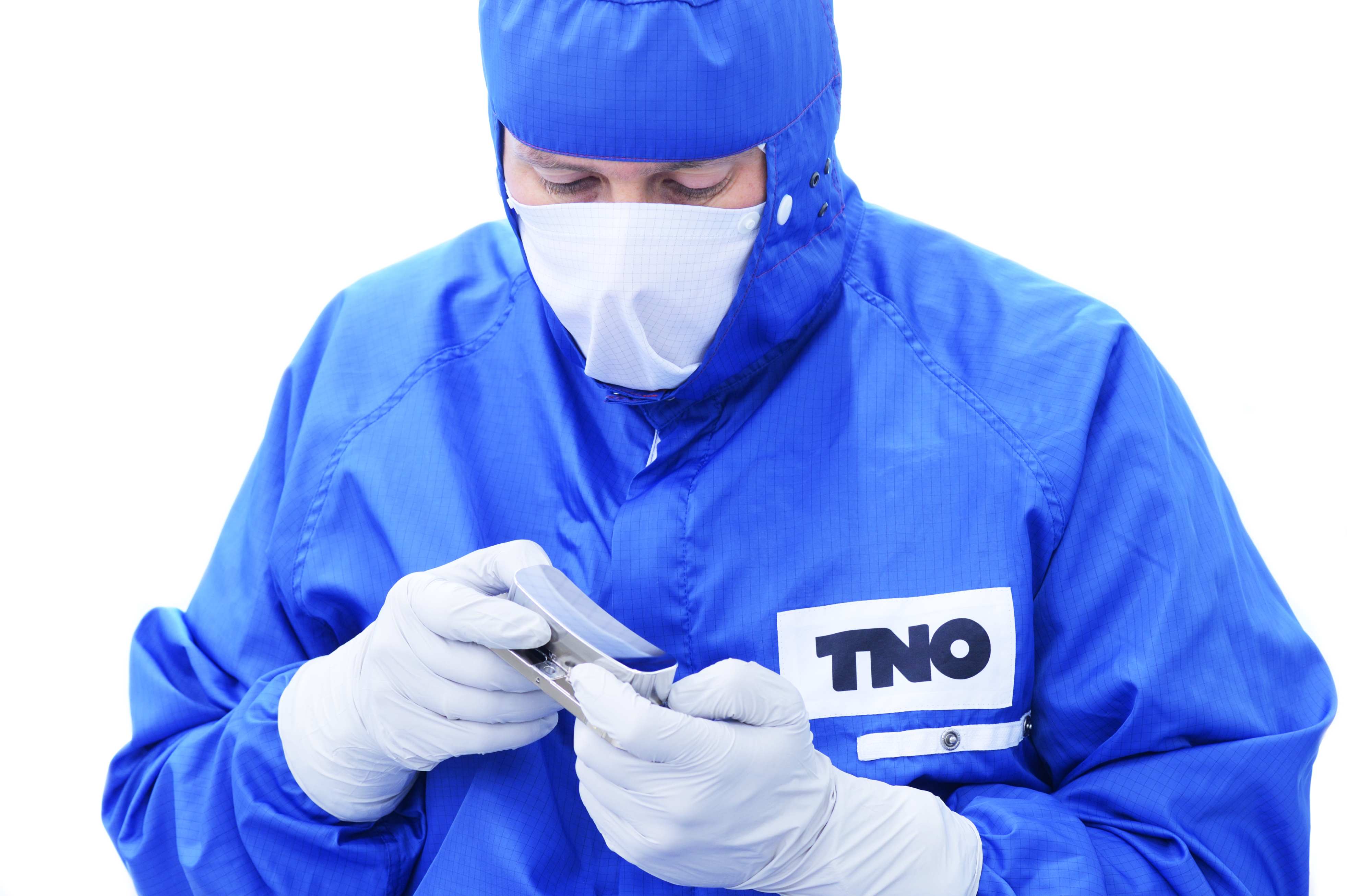
The successes of previous collaborations between APL and TNO are based on the unique and complimentary knowledge and expertise of the two organizations. This memorandum aims at fostering those successes by increased cooperation and exchange of information.
“Based on previous collaborations, we have experienced APL as a world-class research partner and a ‘soulmate’ in solving complex problems in national security and space science,” said TNO Chief Scientific Officer Peter Werkhoven. “With this MOU, I’m excited to further bridge the ocean between us and bring our partnership in solving complex societal challenges to the next level.”
Get inspired
New map reveals coastal resilience and vulnerability across Europe
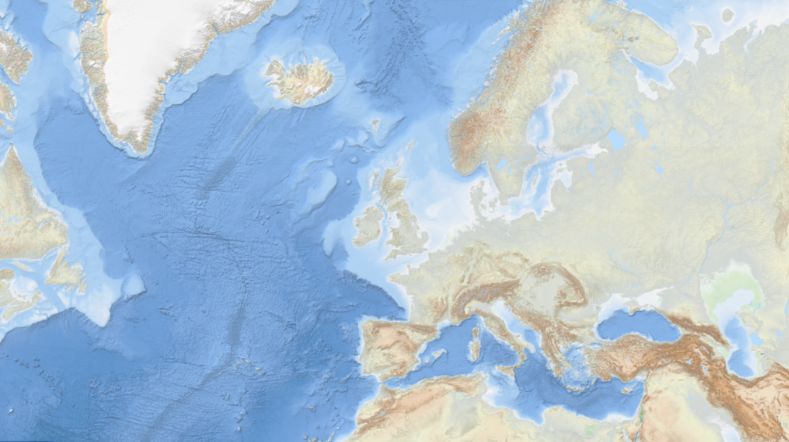

TNO: Megaclusters to create new tech champions


Climate fund applications from the perspective of broad prosperity
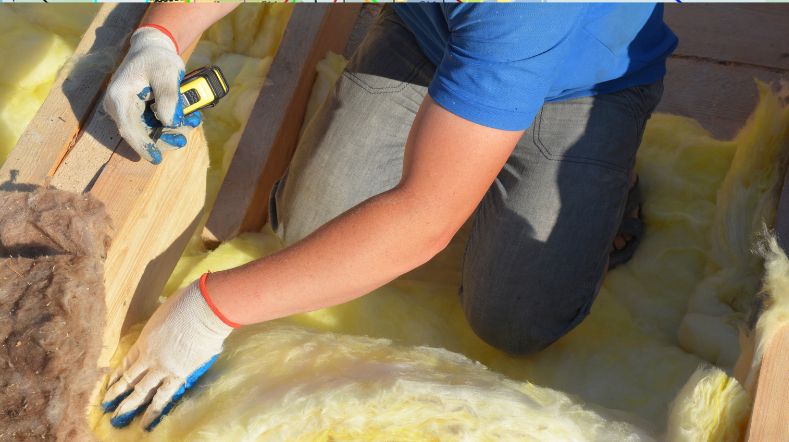

The North Sea as Europe's energy heart requires smart choices
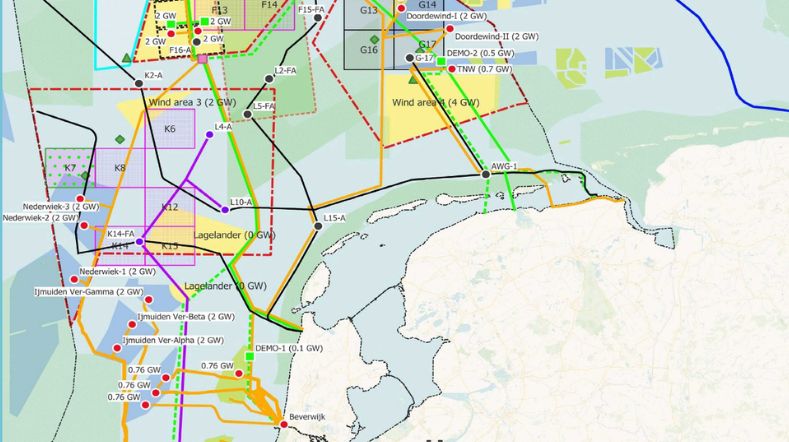

TNO spin-off AIKON Health secures €1.2 million seed round to advance remote heart failure monitoring
